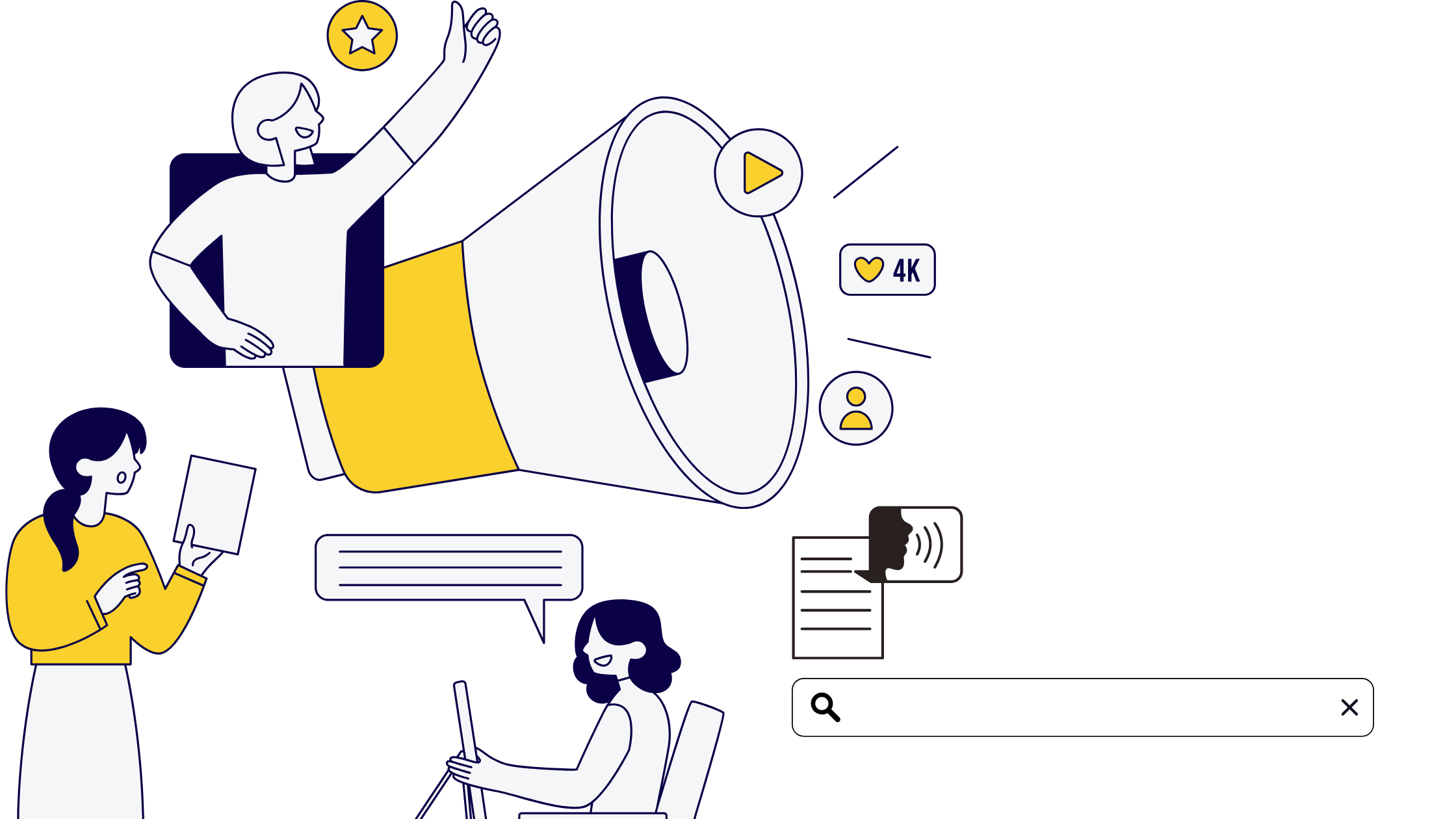Artificial Intelligence (AI) is transforming digital marketing, introducing powerful tools and automation strategies that enable businesses to reach the right audience more effectively than ever. As AI technology advances, it’s opening new doors for targeting, personalization, and campaign efficiency, making it a critical tool for modern advertising. Here, we’ll explore the latest AI trends in marketing, popular tools for automation, and how AI is redefining the future of digital advertising.
AI Trends in Digital Marketing
- Predictive Analytics and Targeting
Predictive analytics, powered by AI, allows marketers to forecast customer behaviors based on historical data. Using AI algorithms, brands can predict what products or services specific audiences might want, improving targeting accuracy. For instance, AI can analyze large datasets to segment audiences based on likely purchase patterns, helping marketers reach those most likely to convert. - Personalized Customer Experiences
AI-powered personalization enables brands to deliver tailored experiences at every touchpoint. Today, personalization extends beyond using someone’s name in an email. AI analyzes users’ browsing history, purchase behavior, and preferences to suggest products or content that resonate personally. This is evident in platforms like Netflix and Amazon, where recommendations feel uniquely suited to each individual, driving engagement and boosting conversions. - Conversational AI and Chatbots
Conversational AI, particularly through chatbots, has become a staple in customer service. AI-powered chatbots can handle multiple customer queries simultaneously, offering instant responses and support. They can answer frequently asked questions, provide product recommendations, and even guide users through the purchase process. This automation enhances the customer experience while freeing up human resources for more complex tasks.
Key Tools for AI-Powered Marketing Automation
- HubSpot
HubSpot’s marketing automation tools incorporate AI for smart segmentation, lead scoring, and personalized email marketing. With its AI-driven insights, marketers can craft more targeted campaigns, leading to better engagement and conversions. - Google Ads Smart Bidding
Google Ads uses machine learning for its Smart Bidding feature, optimizing bids in real-time based on an individual’s likelihood to convert. This automation can dramatically improve the efficiency of pay-per-click (PPC) campaigns by targeting users when they’re most likely to take action. - Acquisio
Acquisio’s AI capabilities focus on automating campaign management, particularly for paid search campaigns. Its algorithms can adjust bids across platforms, analyze performance metrics, and provide insights to optimize budget allocation.
How AI Improves Targeting, Personalization, and Campaign Efficiency
AI enables businesses to reach potential customers with incredible precision, thanks to predictive analytics and data-driven targeting. With AI, marketers can identify patterns in user behavior and deliver ads or content that align closely with customer interests. This not only improves targeting but also significantly reduces wasted ad spend by reaching only the most relevant audiences.
Personalization, too, has seen a major boost with AI. By creating unique, tailored experiences, brands can foster deeper connections with consumers, making each interaction feel personal and relevant. AI-driven personalization increases engagement and loyalty, ultimately leading to higher conversion rates.
Lastly, the efficiency brought by automation cannot be overstated. AI-powered tools handle repetitive tasks—like bid adjustments, email marketing, and customer segmentation—allowing marketers to focus on strategy and creativity. This streamlining of processes means campaigns can run faster, with fewer resources and better results.
Conclusion
As AI continues to evolve, its role in digital marketing will only grow stronger. From predictive targeting to hyper-personalized content and seamless automation, AI is reshaping the future of advertising, making campaigns smarter, more efficient, and more impactful. For brands looking to stay competitive, embracing AI in their digital marketing strategies is not just an option—it’s a necessity.







